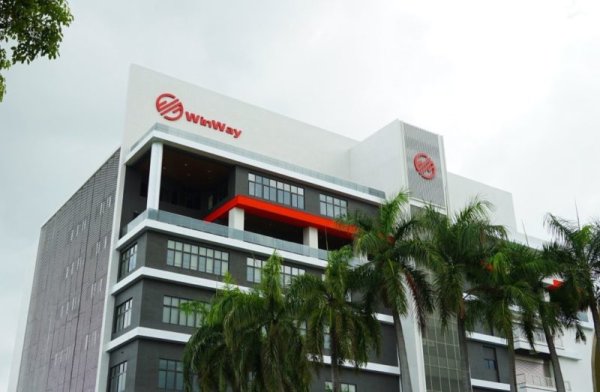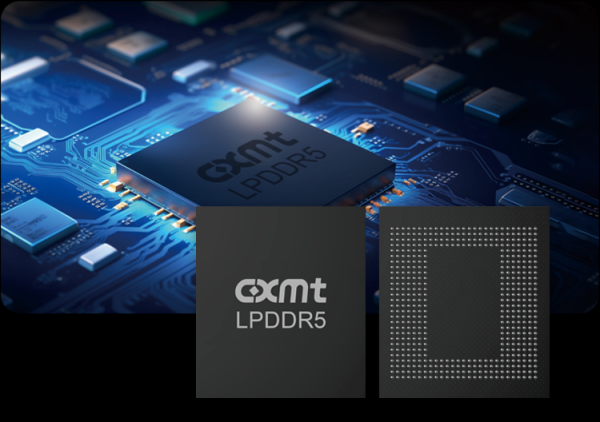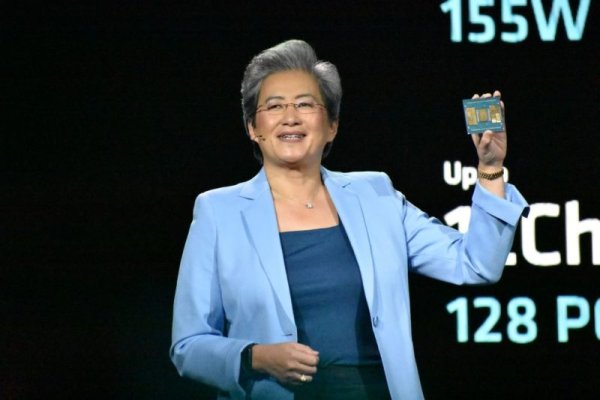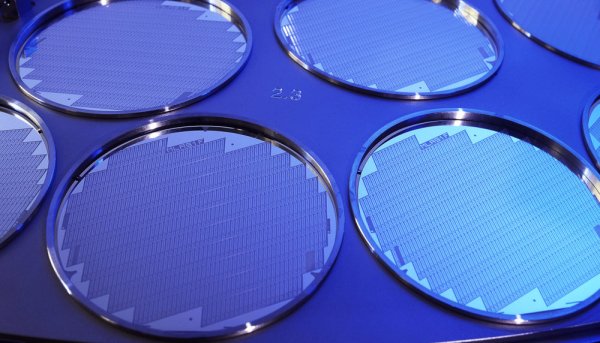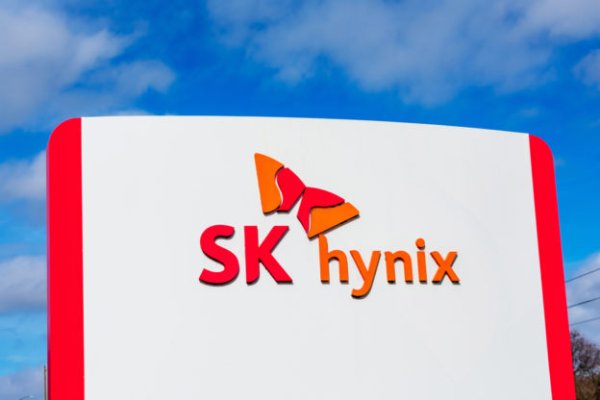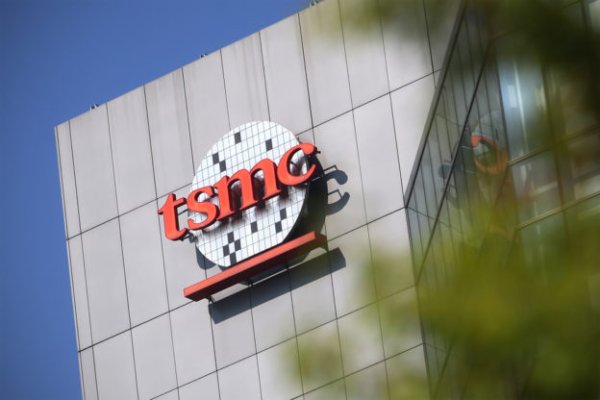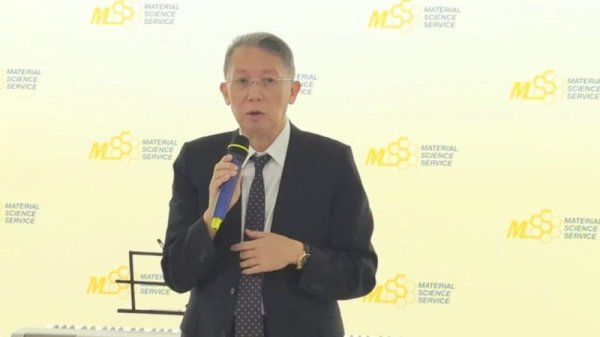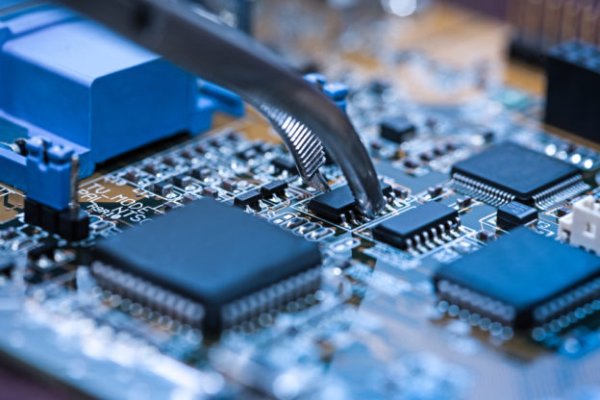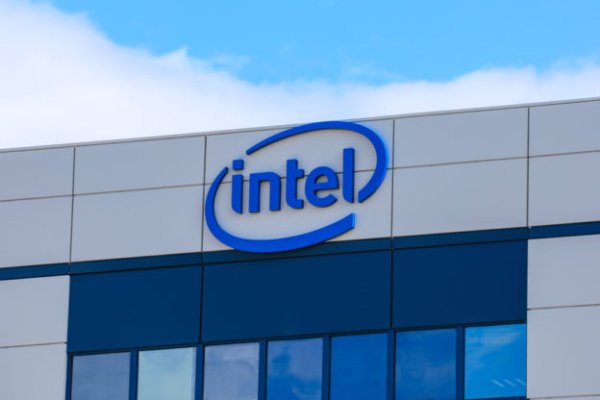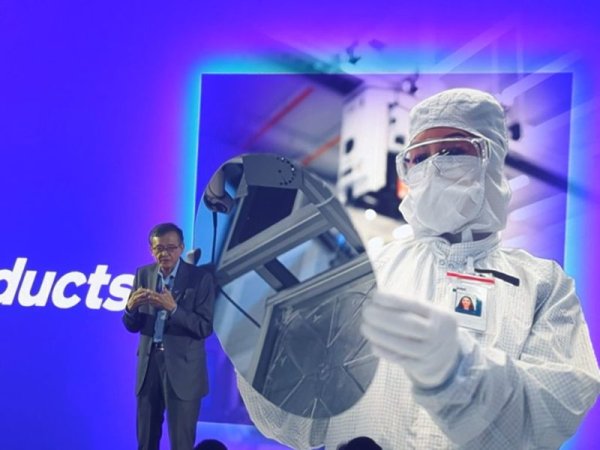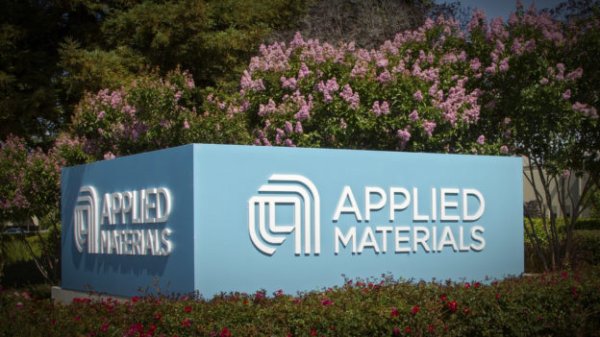Research and development: The global crystal OEM market increased by 13% in the first quarter, and the Taiwan Electric Power market increased to 35%
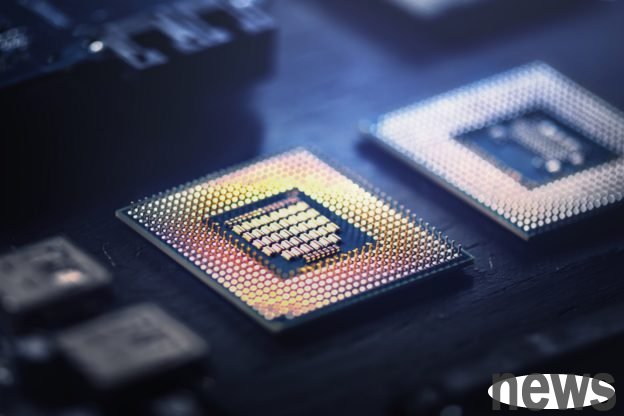
Research Counterpoint Research pointed out that in the first quarter of 2025, the global semiconductor wafer foundry market reached US$72 billion, a 13% increase compared with the same period last year. It mainly benefited from the strong demand for AI and high-performance computing (HPC) chips, and further promoted the application of advanced processes (such as 3 nm and 4 nm) and advanced packaging technology.
Taiwan Electric's market share increased to 35% in the first quarter with its leading advanced process and advanced packaging capabilities, not only consolidated its market leadership position, but also significantly took the lead in overall industry growth. As for the packaging and testing (OSAT) industry performance is relatively gentle, with an annual increase of about 7%; among them, Sun and Moonlight, Silicon and Amkor have benefited significantly from the spillover demand for advanced packaging from NTIO AI chip orders.
In contrast, non-memory IDM manufacturers such as NXP, Infineon and Renesas have reduced their annual revenue by 3% due to weak demand for vehicle and industrial applications, dragging down overall market growth and dynamics. Photomask field has shown good stability due to the complexity of 2nm process and the AI/Chiplet design.
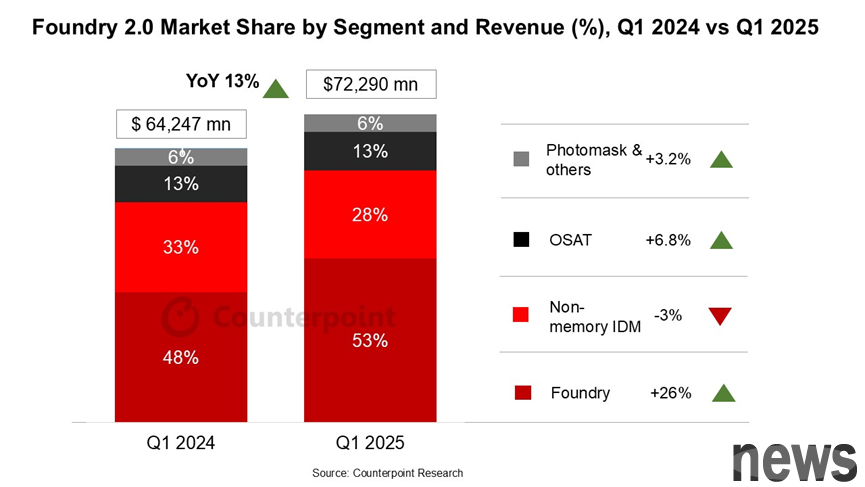
Deputy Research Director Brady Wang pointed out that NTU continues to expand its advanced process, with market share rising to 35%, and annual growth of more than 30%, leading the market. In contrast, although Intel has made some progress with 18A/Foveros technology, Samsung is still limited to the yield challenge in the development of 3nm GAA.
In-depth analyst William Li said that AI has become the core force in promoting semiconductor industry growth, reshaping the priority of the crystalline foundry supply chain, and further strengthening the key position of TSMC and advanced packaging suppliers in the ecosystem. Looking ahead, the crystal foundry industry will transform from a traditional linear manufacturing model to the "Foundry 2.0" stage to a highly integrated value chain system. With the popularization of AI applications, the maturity of Chiplet integration technology, and the deepening of system-level cooperative design, it is expected to lead to a new wave of innovation in semiconductor technology.
Extended reading: Taiwan's new AI super computer Nano 5, Taiwan factories such as Renbao Sun and Moonlight use computing power Chinese people are not qualified for public examinations and are not allowed to go to the overseas intelligence agencies

